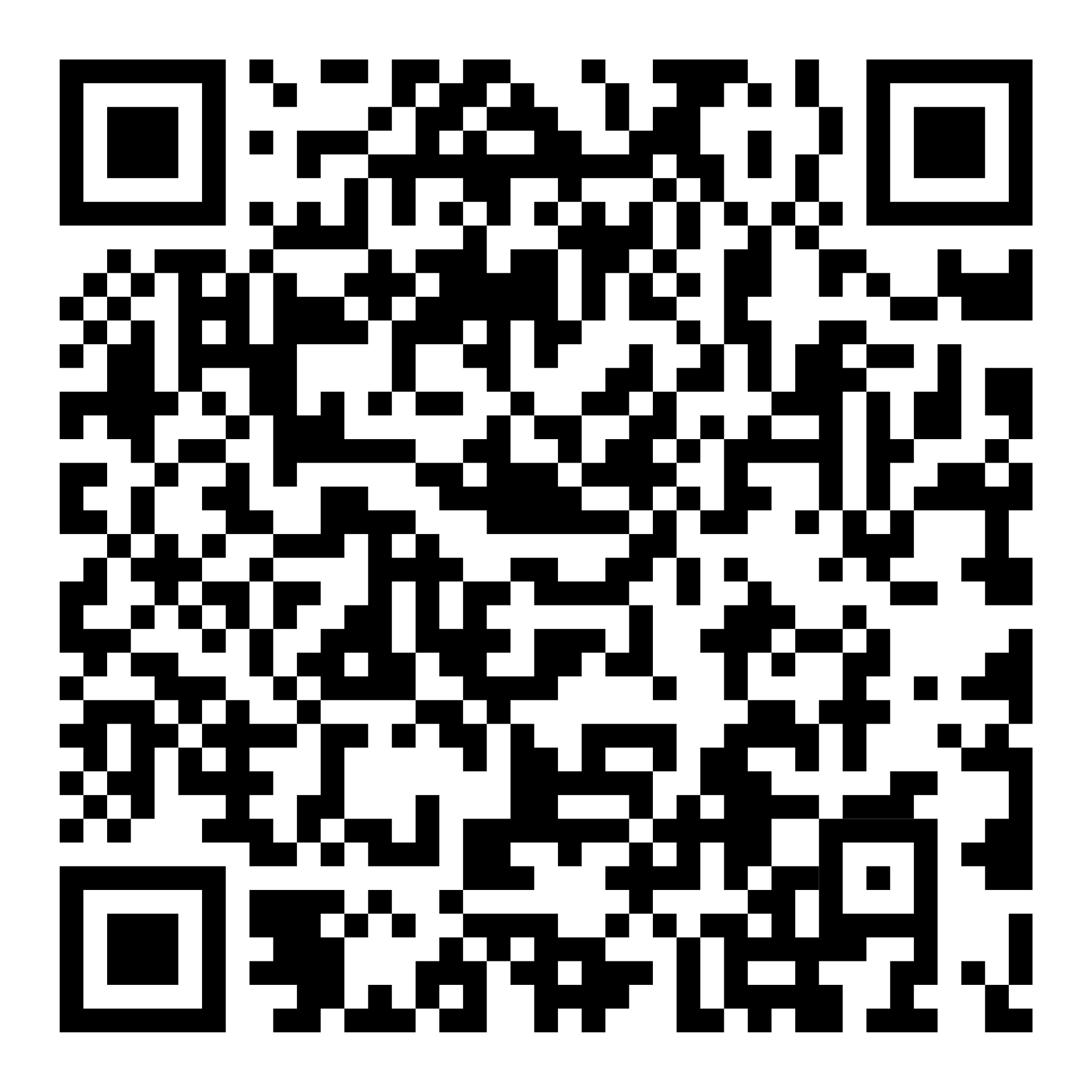| Submit Manuscript |

Journal of Deep Learning (JDL) is committed to maintaining academic integrity and the trust of its readership. Therefore, under certain circumstances, a published article may be retracted if it is found to violate the principles of publication ethics.
An article may be retracted if any of the following are identified:
Plagiarism, either in part or in full.
Data fabrication or manipulation, or findings that cannot be verified.
Duplicate publication (substantial overlap with an already published article).
Ethical violations in the research (e.g., lack of ethical approval for studies involving humans or animals).
Major methodological or analytical errors that affect the main conclusions of the article.
Unauthorized submission or use of false identity during the peer-review process.
The editor will conduct an initial investigation upon receiving a report of ethical misconduct, involving relevant parties (authors, reviewers, handling editors).
If the violation is confirmed, the editor will submit a retraction recommendation to the Editor-in-Chief.
Authors will be given an opportunity to provide clarification before a final decision is made.
If retraction is warranted, a formal Retraction Statement will be issued in the next journal issue and linked to the retracted article's page.
The retraction notice will include the following information:
The title and authors of the retracted article.
A concise and clear explanation of the reason for retraction.
A statement that the article is no longer considered part of the scientific literature.
The retracted article will remain accessible online for transparency but will be clearly labeled as “Retracted.”
The article’s metadata will be updated and marked as “retracted” in indexing databases.
In serious cases, the authors' affiliated institutions may be notified.
This policy is developed in accordance with the guidelines of the Committee on Publication Ethics (COPE) and best practices in scholarly publishing.
| RELAWAN JURNAL INDONESIA |

